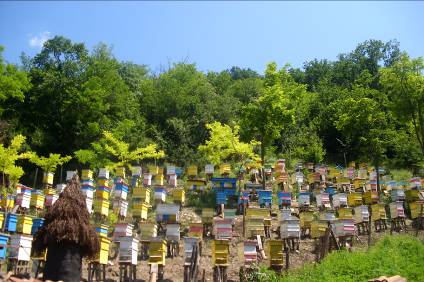Rural development based on sustainable tourism and local food production: The municipality of Elena (Bulgaria)
The case study consists of two sub initiatives that define a “new form of governance”, i.e. development of rural and agritourism and traditional agriculture and food production on the territory of the municipality of Elena. The new form of governance is established on the basis of the idea to integrate the two sub-regimes - tourism and agriculture in order to attain integrity, interaction and support between them. The main aim is to achieve a synergy effect resulting in the sustainable development of the whole municipality as an economic region and territory. The initiative focuses on building new facilities for rural tourism, preservation of natural and cultural heritage, recovery of the traditional agriculture; marketing and certification of local agricultural products innovative regional governance and planning - all these oriented towards social and economic prosperity and development of the municipality. The study explores how these initiatives reconfigure local actors and societal domains in new forms of governance (interacting, networking, restructuring, renegotiating etc.) that leads to emergent transition in the community, which factors support or hinder the latter, whether the transition leads to sustainability of the region.

Image shows organic bee-keeping in Bulgaria (photo courtesy of the Bulgarian team)




